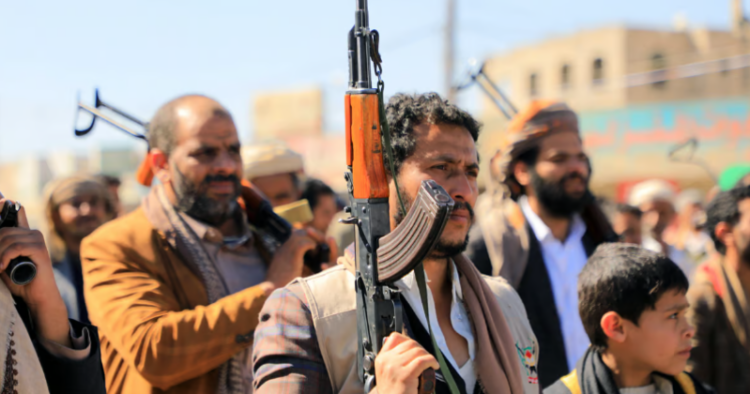Israel vowed that it would retaliate and play hard ball at Hezbollah after accusing the group of killing 12 children and teenagers in a rocket attack. Hezbollah has refuted the claims made by Israel.
The tension started when Hezbollah began trading fire with Israel on October 8, a day after Palestinian group, Hamas attacked Israel and sparked the ongoing Gaza conflict. Hezbollah is considered to be a Hamas ally. It says its attacks aim to support Palestinians who are under Israeli bombardment in Gaza.
The Gaza war is witnessing a spillover effect as it has drawn in Iran backed militants across the region. Hezbollah is deemed to be the most powerful member of a nexus called Axis of Resistance, which again find its roots from Iran. Hezbollah has reiterated time and again that it will not halt its attacks on Israel until a ceasefire in Gaza comes into force.
This animosity between Israel and Hezbollah is not new. Both have fought numerous wars in the past, the last being in 2006. Israel has viewed Hezbollah as one of the biggest threats at its borders and has been deeply alarmed by its expansions and foothold, especially in Syria.
Hezbollah is hellbent on annihilating Israel. It perceives Israel as an illegitimate state established on occupied Palestinian lands and want it to be gone for good.
The situation can deteriorate by a lot. Despite the heating up of this issue and gaining attention from the international community, it is perceived as a contained confrontation. But only time will tell if it can be called off.
Israel’s Prime Minister Netanyahu has already warned that Beirut will turn “into Gaza” if Hezbollah does not stop. Hezbollah previously said that it does not want to escalate the conflict. However it also said that it is ready to fight any war imposed on it. Both the sides are contradicting their own points and becoming restless.
They both should take some lessons from their past experiences. Past wars have inflicted heavy losses. In 2006, Israeli strikes levelled large areas of Hezbollah-controlled parts of Beirut. The attack displaced approximately 1 million people in Lebanon. Similarly, in Israel, the conflict led to 300,000 people fleeing their homes and escape Hezbollah rockets and several homes were destroyed. The loss of life and property was taxing.
The question arises is escalation avoidable? Well, this is a series of chain events which in this case depends heavily on what happens in Gaza. The efforts of ceasefire and return of Israeli hostages have hitherto failed to stabilise the situation.
The Gaza conflict instead of going towards resolution has unfortunately become a platform for multiple countries to showcase their power and influence in the West Asian region. The latest being Türkiye, which has issued an open threat to intervene in the Gaza conflict and invade Israel. The situation is lamentable.
World leaders have scrambled to prevent further escalation between Israel and Hezbollah. Countries like the US which seeks to settle this situation diplomatically has not been able to convince much.
Senior officials from the US, Egypt and Qatar met in Rome recently to find a breakthrough for the release of hostages taken by Hamas and a ceasefire in Gaza, with added urgency in the hope that a deal could prevent further escalation between Israel and Hezbollah.
But can these dialogue and diplomatic mechanism actually be translated into substantive outcomes is something which will be tested. The hostility is spiralling and none of the sides are ready to budge until their demands are fulfilled.
Any further escalation will only lead to dire consequences and the innocent civilians will continue to be unwilling scapegoats for both state and non-state actors.



















Comments